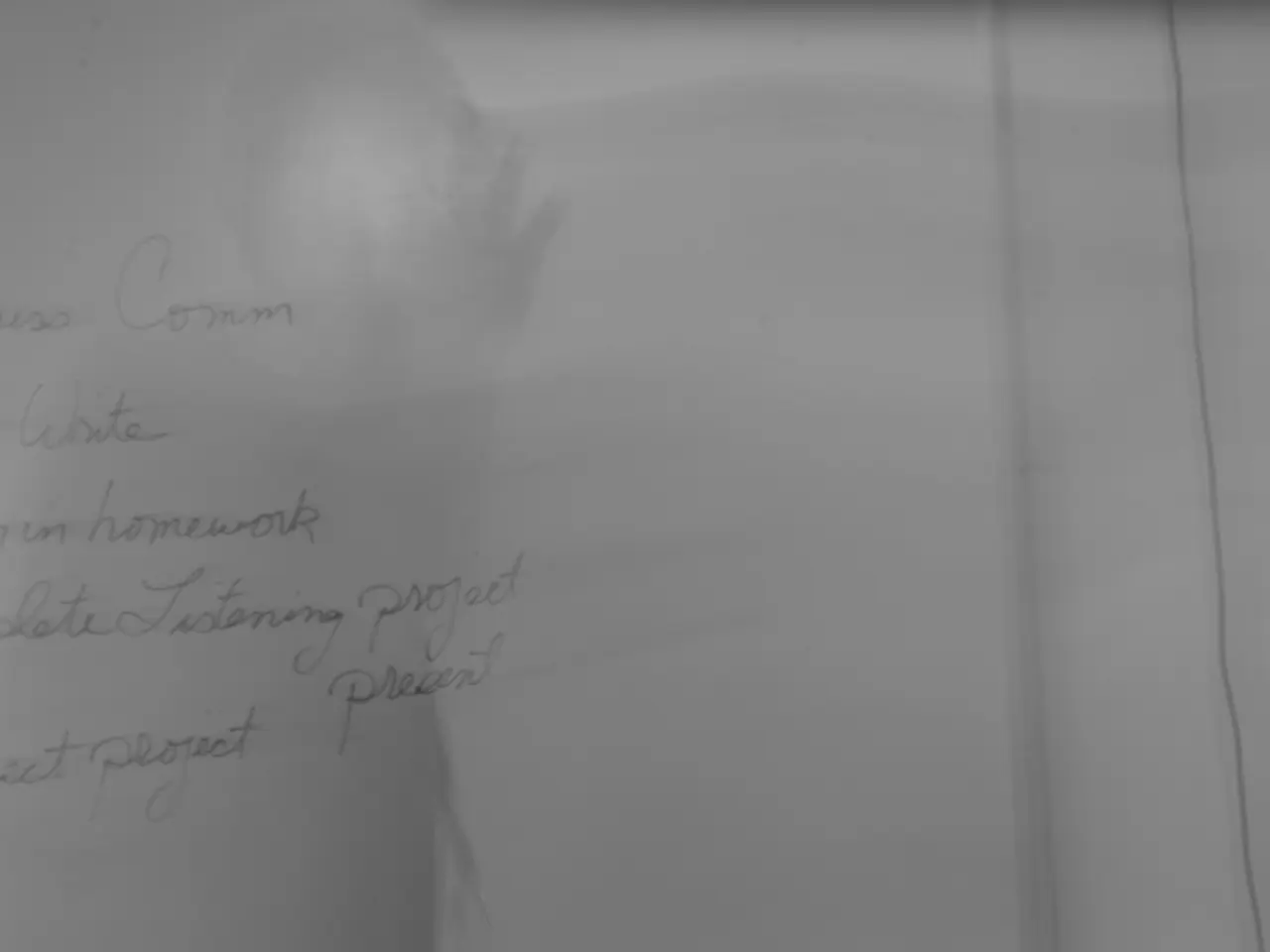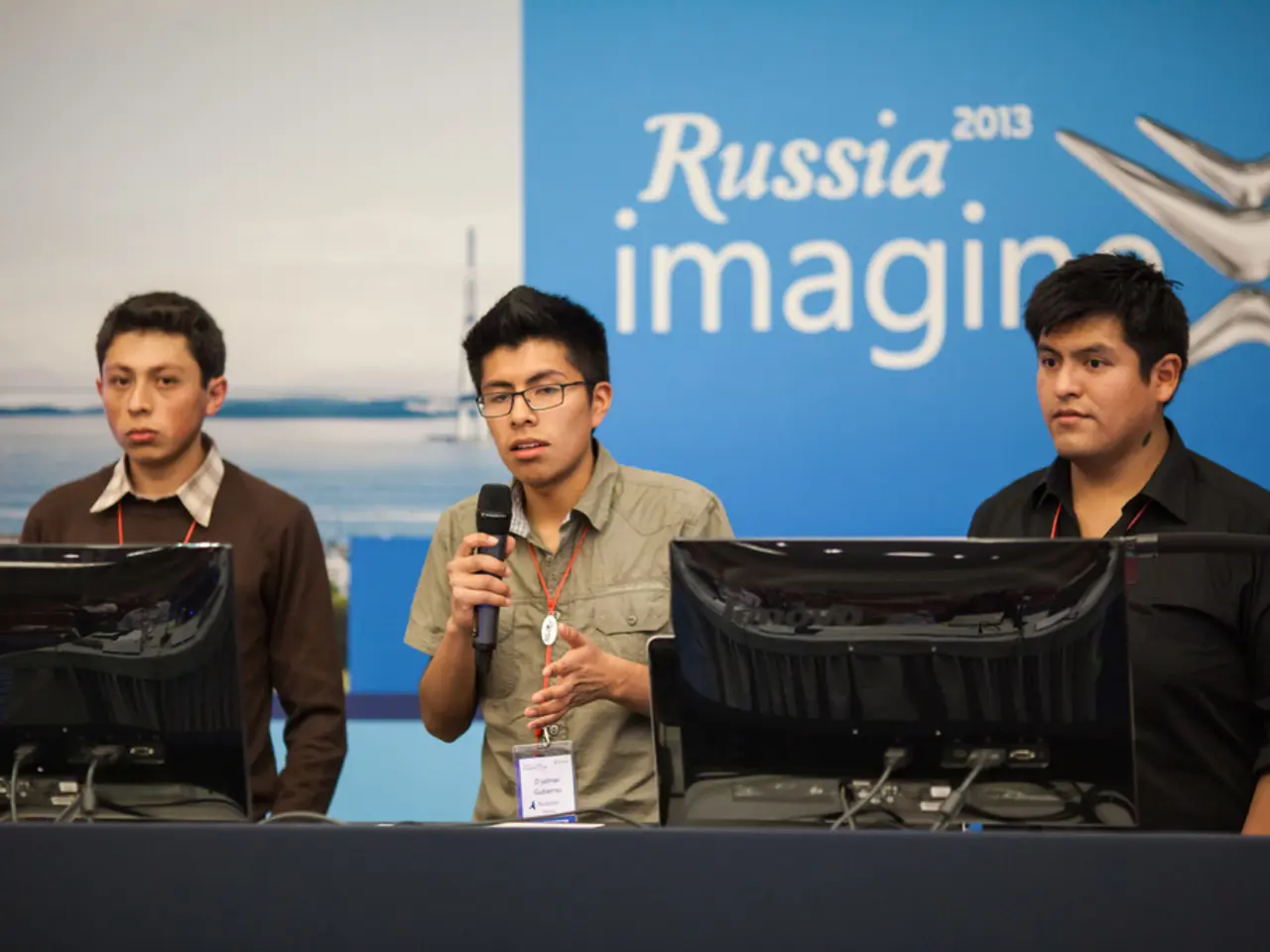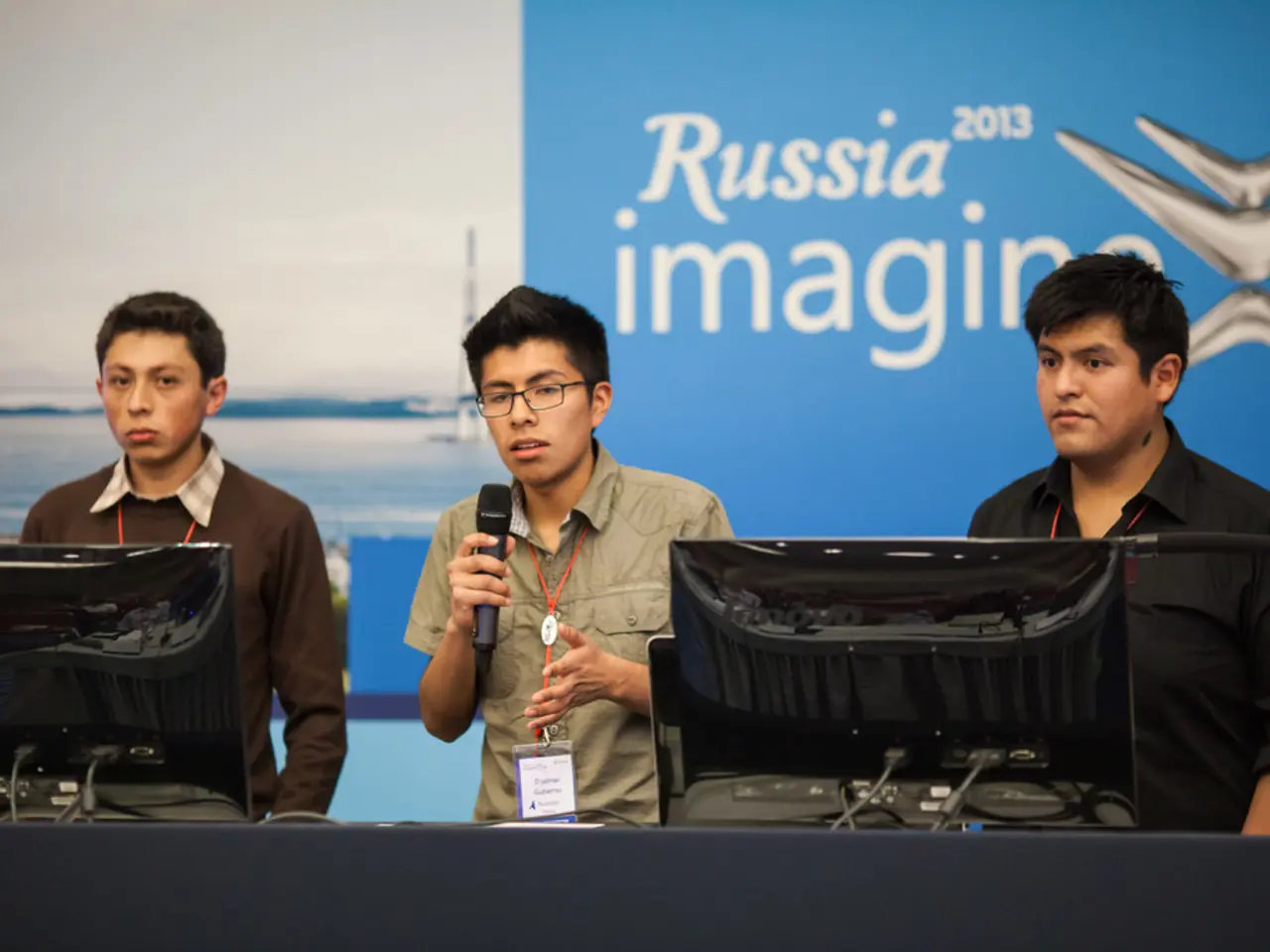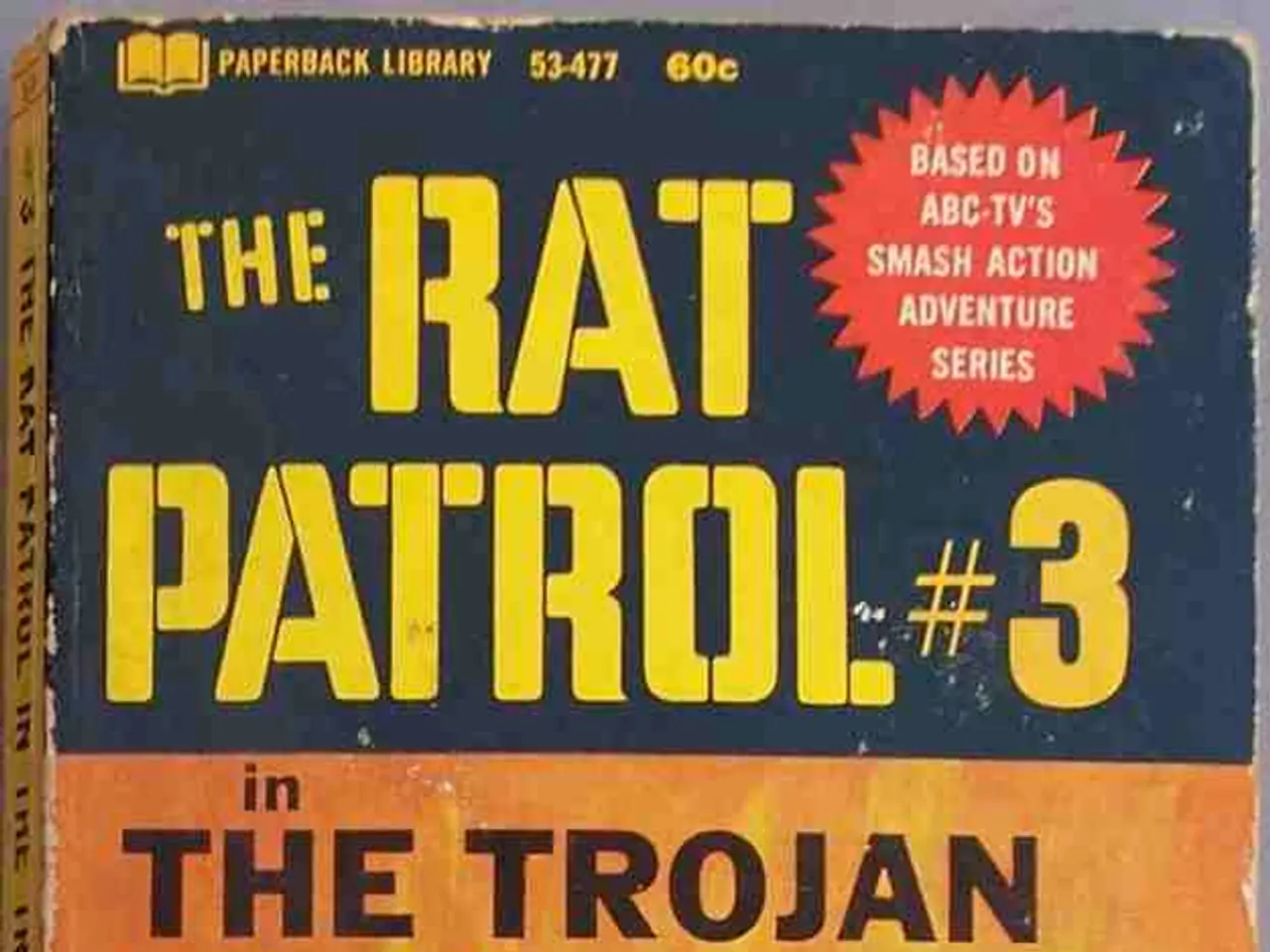U.S. enacts financial penalties against Palestinian Administration - United States imposes financial restrictions on Palestinian Authority
The United States has announced sanctions against officials from the Palestinian Authority (PA) and the Palestine Liberation Organization (PLO). These sanctions involve denying visas to targeted individuals, preventing them from traveling to the U.S.
The decision comes in response to the PA's violations of U.S. laws, particularly the Palestine Liberation Organization Commitments Compliance Act of 1989 (PLOCCA) and the Middle East Peace Commitments Act of 2002 (MEPCA). The PA and PLO have been accused of undermining peace efforts by their actions, including prosecuting Israel in international forums like the International Criminal Court (ICC) and the International Court of Justice (ICJ), providing stipends to terror convicts, and engaging in incitement activities.
According to the U.S. State Department, these sanctions are a measure to promote peace prospects and are in the national security interests of the U.S. The sanctions aim to hold these officials accountable for not complying with commitments such as recognizing Israel's right to exist, accepting key UN Security Council Resolutions (242 and 338), and renouncing terrorism, as required by U.S. law.
This move represents an escalation by the U.S. to specifically target PA and PLO officials, especially in light of Western countries like France, the UK, and Canada advancing unilateral recognition of a Palestinian state, which the U.S. has opposed.
In contrast, France, the UK, and Canada have advanced plans to recognize Palestine unilaterally. While the U.S. sanctions appear to be a direct response to these Western moves, targeting the Ramallah (PA leadership) specifically rather than these more powerful Western countries, there is no direct indication that these other Western governments have imposed sanctions or punitive measures against the PA or PLO in parallel with the U.S. Instead, they are generally more supportive of Palestinian state recognition efforts.
The scope or specific identities of the individuals sanctioned were not publicly detailed, and PA officials already face stringent visa requirements under previous U.S. legislation. This is the latest development in the ongoing conflict between the Palestinian Authority and Israel.
[1] U.S. Department of State. (n.d.). Palestine Liberation Organization (PLO). Retrieved from https://www.state.gov/palestine-liberation-organization/
[2] U.S. Department of State. (n.d.). Palestine Liberation Organization Commitments Compliance Act of 1989 (PLOCCA). Retrieved from https://www.state.gov/u-s-foreign-assistance-law-collections/the-palestine-liberation-organization-commitments-compliance-act-of-1989-plocca/
[3] BBC News. (2021, May 18). France, UK and Canada to recognise Palestine as states. Retrieved from https://www.bbc.com/news/world-middle-east-57096723
[4] Al Jazeera. (2021, May 18). US imposes visa restrictions on Palestinian officials. Retrieved from https://www.aljazeera.com/news/2021/5/18/us-imposes-visa-restrictions-on-palestinian-officials
[5] Reuters. (2021, May 18). U.S. imposes visa restrictions on Palestinian officials. Retrieved from https://www.reuters.com/world/us/us-imposes-visa-restrictions-palestinian-officials-2021-05-18/
- Despite the U.S.'s sanctions against PA and PLO officials, Western countries like France, the UK, and Canada continue to advocate for unilateral recognition of a Palestinian state, highlighting a divergence in policies and legislation concerning war-and-conflicts and politics.
- Cooperation with the countries of Central and Eastern Europe, notably those that abstain from unilateral recognition of a Palestinian state, may potentially strengthen the U.S.'s stance in the ongoing conflict, offering an opportunity for policy-and-legislation alignment and general news discourse.





